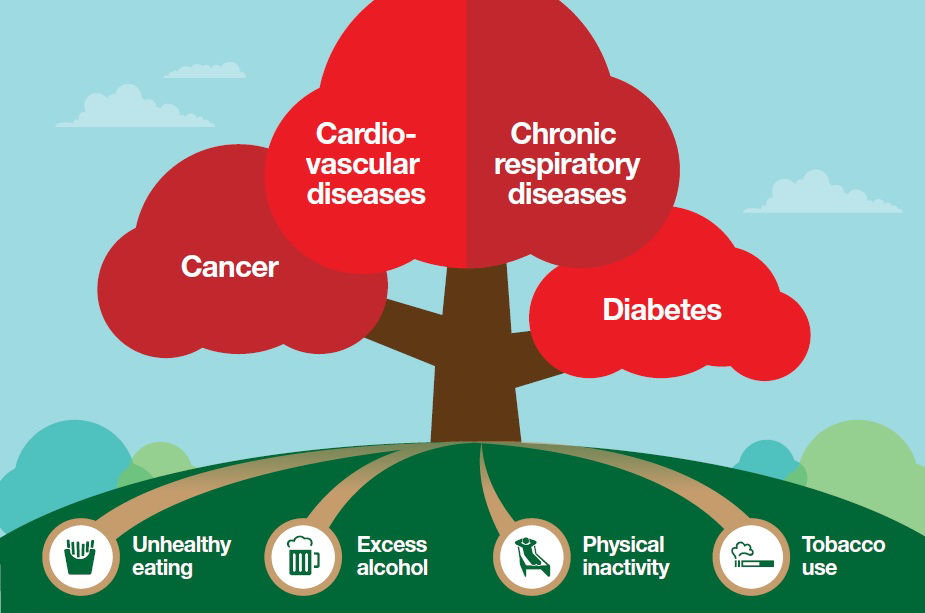Prevention and control of NCDs high on agenda: minister

TEHRAN — Prevention and control of non-communicable diseases (NCDs) is high on agenda for the Ministry of Health and “we” should educate and empower people to decrease the diseases, Health Minister Hassan Qazizadeh-Hashemi has said.
With regard to the fact that the NCDs are among the most serious health conditions worldwide, their prevalence and the economic costs they incur on each nation, controlling them must be a high priority, IRNA quoted Qazizadeh-Hashemi as saying on Thursday.
Necessary arrangement to address NCDs are made in the country, however, universities of medical sciences should be determined to implement the plans, he highlighted.
He went on to say that some 15 percent of the expenditures in health sector are relating to diabetes, while by launching control and prevention plans public health status will increase and the costs will drop.
The minister further regretted that one-fourths of Iranians are suffering high blood pressure which is shocking.
“If we succeed in controlling the disease we have done a great service to the country,” he suggested.
As per the figures published on World Health Organization website, NCDs kill 41 million people each year which is equivalent to 71% of all deaths globally.
Each year, 15 million people die from a NCD between the ages of 30 and 69 years and over 85% of these premature deaths occur in low- and middle-income countries.
Cardiovascular diseases account for most NCD deaths, or 17.9 million people annually, followed by cancers (9.0 million), respiratory diseases (3.9million), and diabetes (1.6 million). The four aforesaid diseases account for over 80% of all premature NCD deaths.
Tobacco use, physical inactivity, the harmful use of alcohol and unhealthy diets all increase the risks of dying from a NCD.
Detection, screening and treatment of NCDs, along with palliative care, are key components of the response to NCDs.
IraPEN is the Islamic Republic of Iran’s adaptation of WHO’s PEN (package of essential non-communicable) disease interventions for primary health care. IraPEN was launched in 2014 by the Ministry of Health and Medical Education, to provide universal health coverage, including access to NCD prevention and care, and mental health services.
Within the framework of IraPEN health workers show Iranians how to deal with their conditions, provide access to affordable medicines, and guidance on practicing healthy habits, like regular exercise and healthy diet to control their blood sugar.
MQ/MG
Leave a Comment